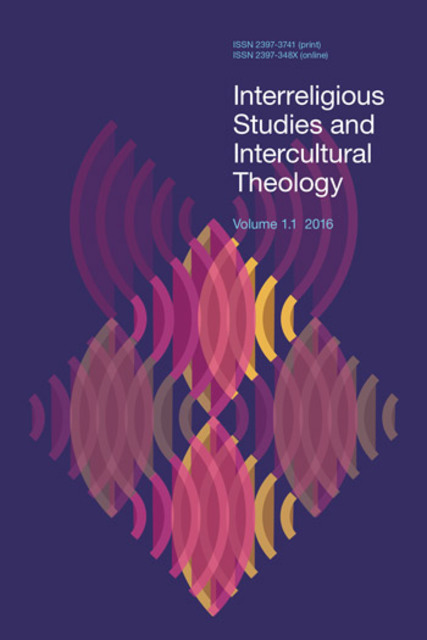Religious Diversity and Dialogue: A Buddhist Perspective

Full description
With the understanding that one’s views on religious diversity shapes one’s attitude to interreligious dialogue, in this article I try to articulate how the Buddha perceived the phenomenon of religious diversity and then to discuss how this perception could inform the Buddhist practice of interreligious dialogue. I begin this discussion with reference to the diversity of views held by the Roman Catholics themselves on interreligious dialogue and the Colonial and more recent history of dialogue in the local context of Sri Lanka. Next I move on to discuss Buddhism’s own self-understanding as a non-theistic system. In order to support the non-theistic claim of Buddhism I produce two arguments, one philosophical and the other experiential, both derived from the discourses of the Buddha. Having supported the non-theist stance of Buddhism, I propose that the Buddhist attitude is to be open to religious diversity while upholding the position that nirvana is the ultimate goal irreducible to any other similar goals. The discussion shows that to accept diversity is not necessarily to accept pluralism in religion, and that this position does not preclude Buddhists from engaging in interreligious dialogue.
- typeImage
- created on
- file formatjpeg
- file size36 KB
- container titleInterreligious Studies and Intercultural Theology
- creatorAsanga Tilakaratne
- issn2397-348X (Online)
- issue4.1
- publisherEquinox Publishing Ltd.
- publisher placeSheffield, United Kingdom
- rightsEquinox Publishing Ltd.
- volume
- doi
We use cookies to analyze our traffic. Please decide if you are willing to accept cookies from our website. You can change this setting anytime in Privacy Settings.
